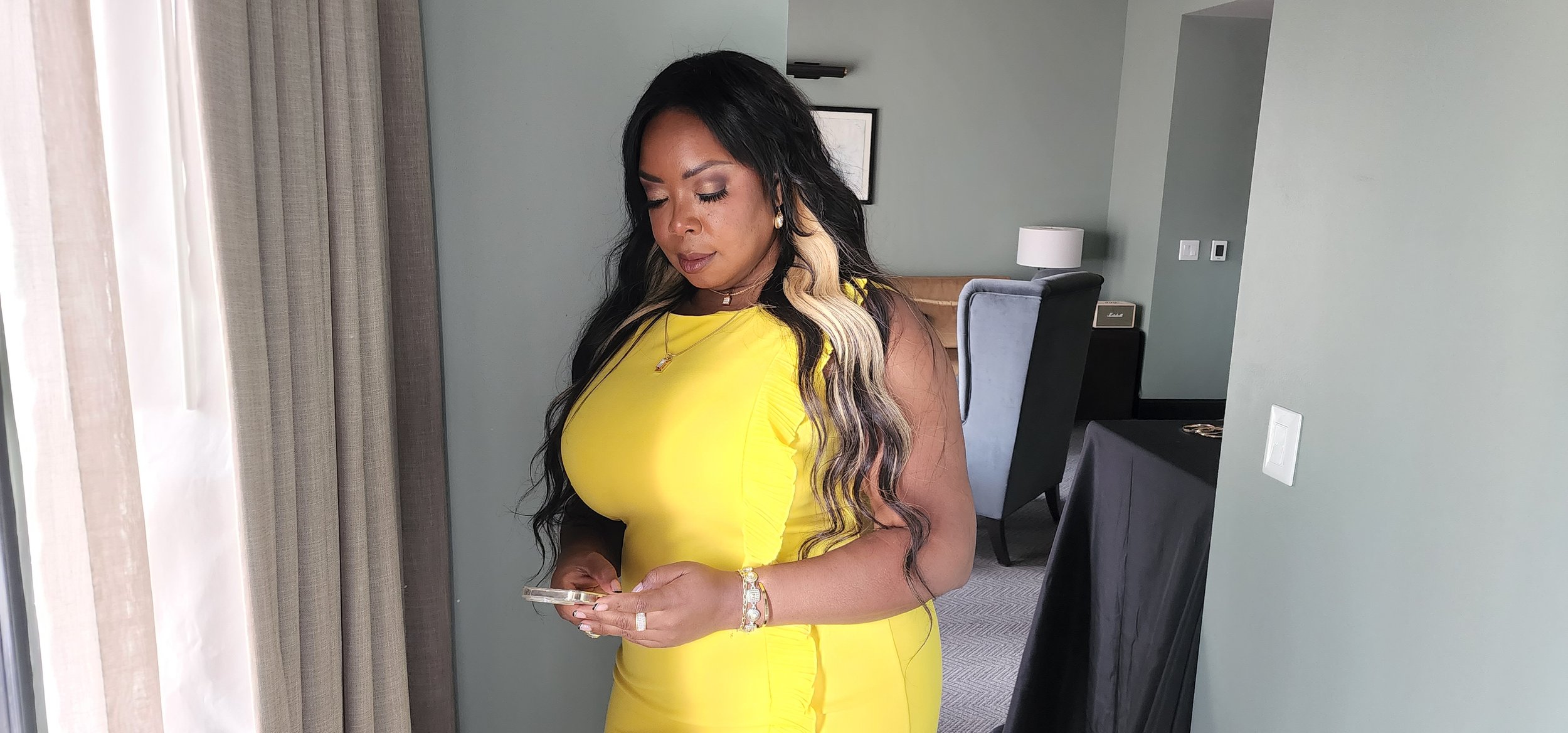

Not Clearly Establishing a Target Audience Will Ruin Your Writing
One mistake I see authors consistently make is trying to make their book relate to everyone. You cannot write for everyone. Choose a target and hit it on the bulls'-eye. Let the residual or secondary audience present itself organically.

Your Book Is a Business
Each book is like its own business unit. The book proposal is like a business plan. Publishers are your investors. Readers are your customers and end users. How do you think an investor would look at a business if it hadn't thought about its competition and the market it is seeking to enter?

The Secret to a Great Book Proposal
One of the things I noticed in my years as an acquisitions editor is that sometimes book proposals don't capture the personality and passion of the author. They are dry and sterile, and they don't really say much. Oftentimes, in-person meetings end up in book publishing deals easier than if only the book proposal is submitted.

4 Ways to Overcome the “Multicultural Kids’ Books Don’t Sell” Mind-Set
In a Chicago Triune article, Nara Schoenberg quotes Ebony Elizabeth Thomas, an assistant professor at the University of Pennsylvania: “Fewer than 40 books by African-American authors for adolescents were published in 2015….Every year thousands of books for kids and teens are published, and every year we don’t seem to be able to get that number much over 100.”

You Should Probably Self-Publish If…
When your desires and expectations for certain parts of the publishing process exceed a traditional publisher's ability to meet them, self-publishing may be a great option for you. Read about 10 signs indicate self-publishing may work better for you than traditional publishing.

All Things Being Equal, Does It Matter Whom You Publish With?
You are the cream that has risen to the top. You have several publishing offers in front of you. You have your pick of the litter. Advance and royalty rates are basically the same. What now becomes your deciding factor? Does it really matter whom you choose to publish with?
5 Reasons I Love Working with Agents
The word on the street about editor-agent relationships is muddled at best and negative at worst. But I don’t give that much thought when I am in the trenches with an agent reviewing a proposal and negotiating an author’s contract. I decide how my relationships with agents are going to be—and I like working with agents.

Book Proposal Checklist
Before you hit "send" on that query or proposal to that agent, editor, or publisher, you'll want to make sure you've dotted all your Is and crossed all your Ts. Here's a list that could help you get one step closer to your publishing dreams.
